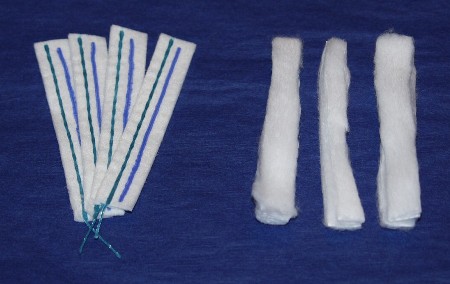Last reviewed: 20 Mar 2025
Last updated: 12 Sep 2023
Summary
Definition
History and exam
Key diagnostic factors
- blood at one nostril or on both sides of nose
- presence of risk factors
Other diagnostic factors
- bleeding starting at the nares
- recurrent epistaxis
- septal deviation
- bleeding starting in the throat
- signs of haemodynamic compromise
- intranasal polyp
- telangiectasia
Risk factors
- dry weather and low humidity
- septal deviation
- minor nasal trauma
- nasal foreign body
- nasal polyp
- topical nasal drugs
- primary coagulopathy (e.g., haemophilia)
- medication (e.g., aspirin, anticoagulant, non-steroidal anti-inflammatory drugs)
- familial hereditary haemorrhagic telangiectasia
- juvenile nasal angiofibroma
Diagnostic investigations
Investigations to consider
- FBC and ‘group and save
- clotting studies (INR, prothrombin time, activated partial thromboplastin time, platelet function tests)
- urea and electrolytes and serum creatinine
- liver function tests (LFTs)
- CT scan of paranasal sinuses
- ECG
Treatment algorithm
Contributors
Expert advisers
Alexander Alexiou, MB, BS, BSc, DCH, FRCEM, DipIMC RSEd
Emergency Medicine Consultant
Barts Health NHS Trust
Physician Response Unit Consultant
London’s Air Ambulance
Royal London Hospital
London
UK
Disclosures
AA declares that he has no competing interests.
Acknowledgements
BMJ Best Practice would like to gratefully acknowledge the previous expert contributor, whose work has been retained in parts of the content:
Darren Pinder, BSc(Hons), MB BChir, MSc(Med Ed), FRCS(ORL)
Consultant ENT Surgeon
Royal United Hospital Bath NHS Trust Bath
UK
Disclosures
DP declares that he has no competing interests.
Peer reviewers
Darren Pinder, BSc(Hons), MB BChir, MSc(Med Ed), FRCS(ORL)
Consultant ENT Surgeon
Royal United Hospital Bath NHS Trust
Bath
UK
Disclosures
DP declares that he has no competing interests.
Use of this content is subject to our disclaimer
